The legal battle between Epic Games and augmented reality startup Nreal isn't cooling off anytime soon.
In a new twist, the Chinese startup, while defending itself against Epic's lawsuit, has decided to file its own lawsuit against the games and software platform maker.
• Don't Miss: Epic Games Restarts Lawsuit vs. Nreal as Settlement Talks Collapse
If you haven't been keeping score, here's the basic chain of events, which was first exposed to the public when Next Reality broke the story in January 2019.
In late December of 2018, Epic Games quietly lobbed its first legal volley at Nreal over what it considered a potentially confusing name. At first glance, onlookers might wonder why such a claim came about, but the fact that both companies operate in the augmented reality space means that there could be some tangible competiting interests in the future.
Then, in late December 2019, Epic Games entered into settlement talks with Nreal, a move that indicated that the two parties might be able to come to some resolution.

However, soon after the lost year of 2020, in which many companies were fighting just to stay afloat, in the first quarter of 2021, Epic Games restarted the legal battle, signaling an end to settlement talks.
Now, nearly two months later, in a legal document filed on Monday, Nreal made its own case against Epic's allegations.
"Plaintiffs file this declaratory judgment action to vindicate their right to use and register the Nreal Mark. Not only are the marks different—one a common word and the other coined by Nreal—but the parties' respective fields of use are different and distinct within a crowded marketplace," reads one section of the legal filing.
"Plaintiffs are in the field of providing mixed reality glasses (i.e. hardware devices) and incidental software related to those products branded under different marks. Epic, on the other hand, is a developer of video games and related software for game development."

The filing goes on to claim that "the Nreal Mark is not infringing, does not cause unfair competition, confusion, or deceive customers as to source or origin and is not in violation of any rights Defendant may have under California, North Carolina, or Common Law Unfair Competition."
In addition to asking the court to rule in its favor, Nreal is also asking that Epic Games pay for its court fees and "other relief as the Court deems just and proper."
This latest legal hurdle may be yet another stumbling block toward Nreal getting its product into the US market, even as it has begun to make inroads in China, South Korea, Japan, and parts of Europe.
Cover image via Nreal/Instragram






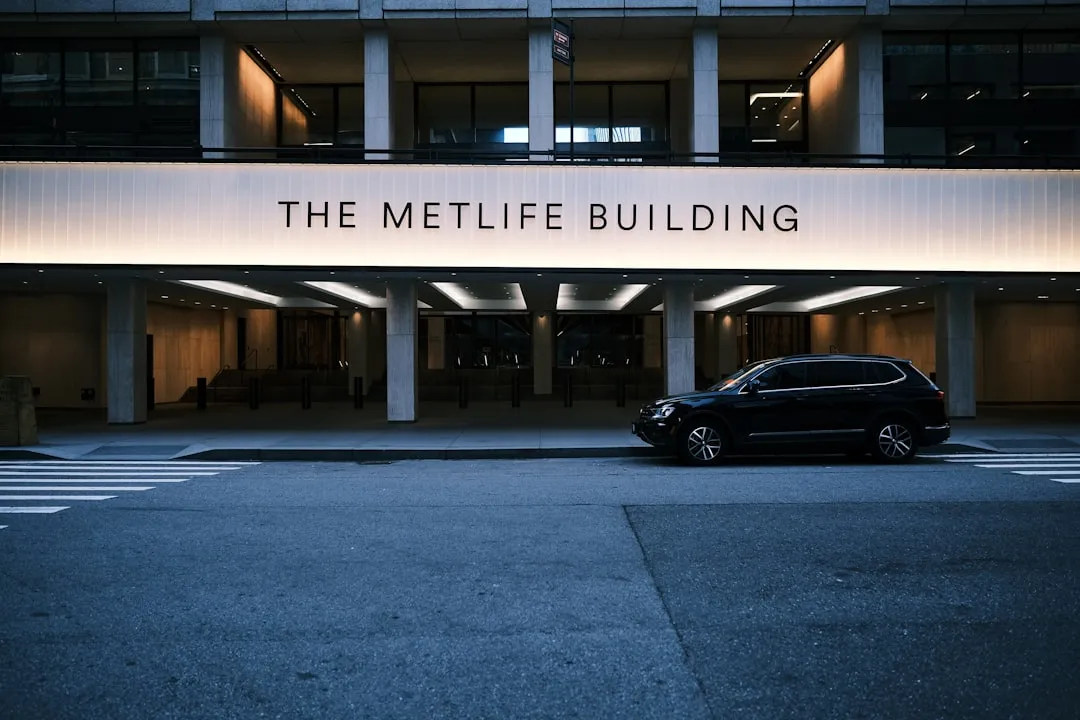
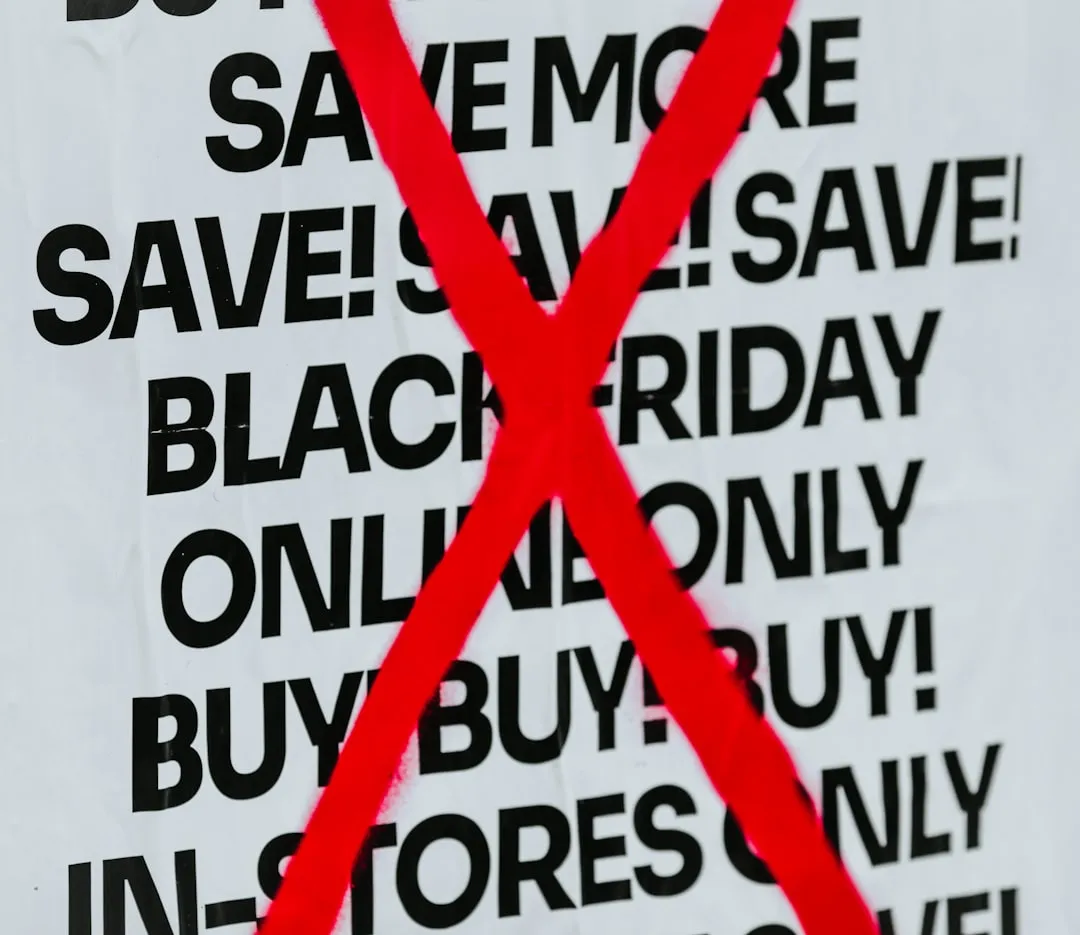
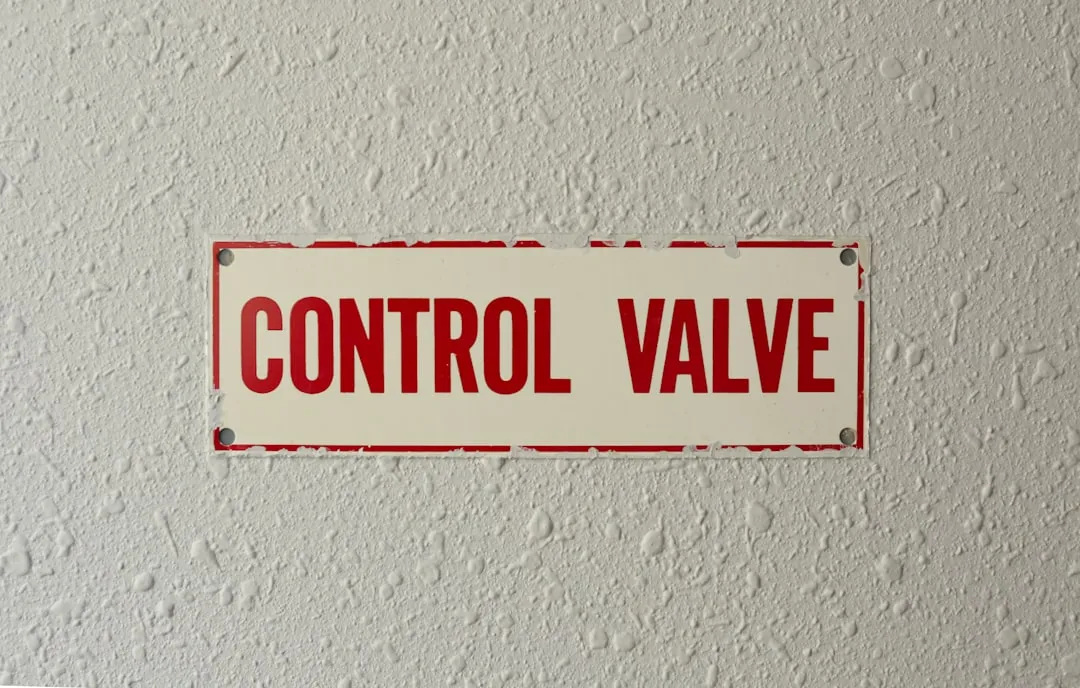

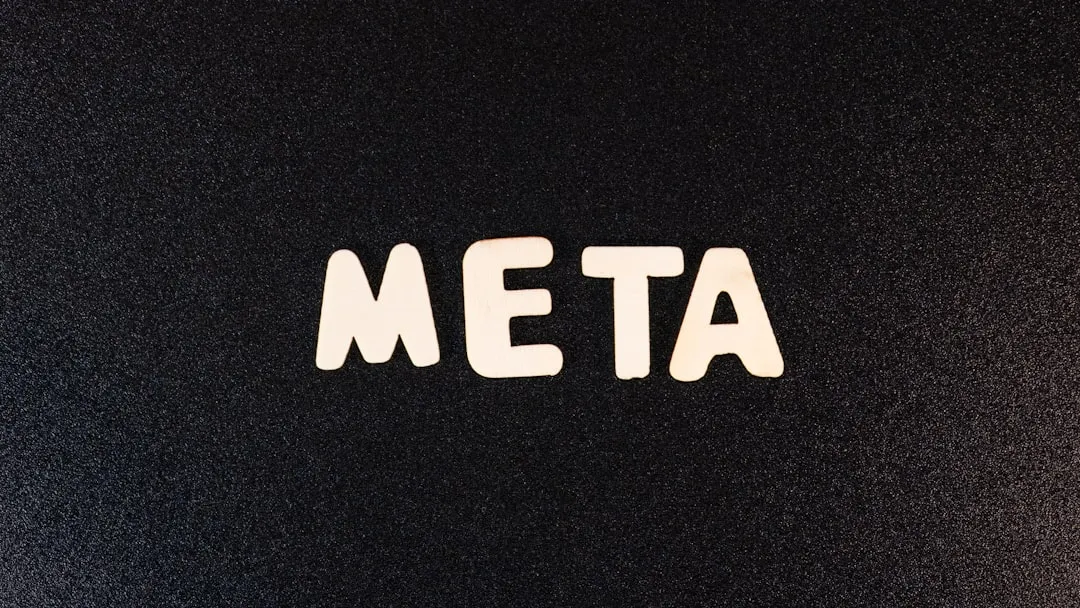


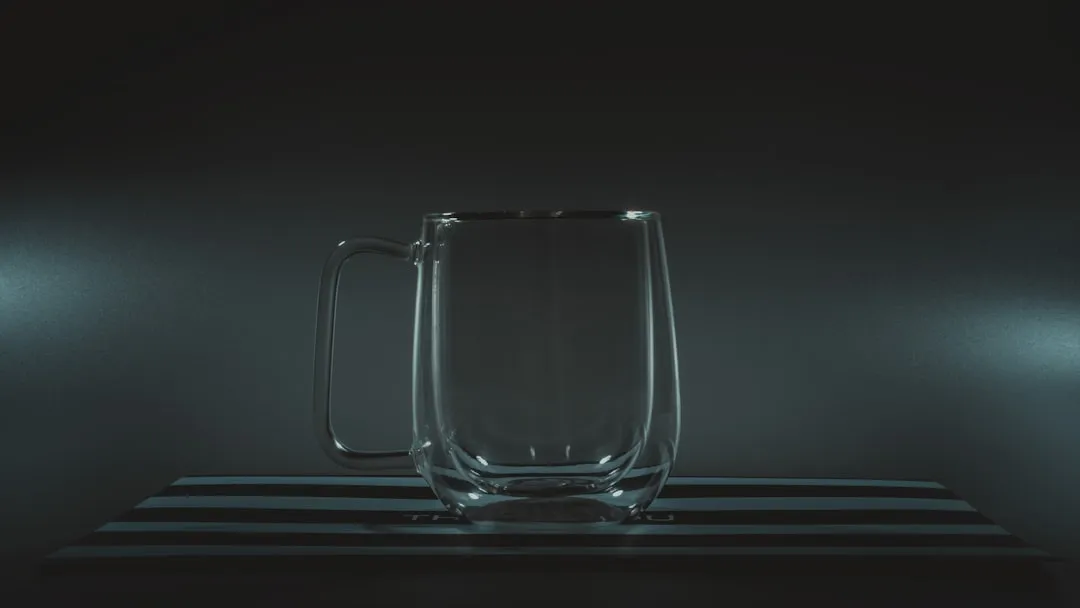
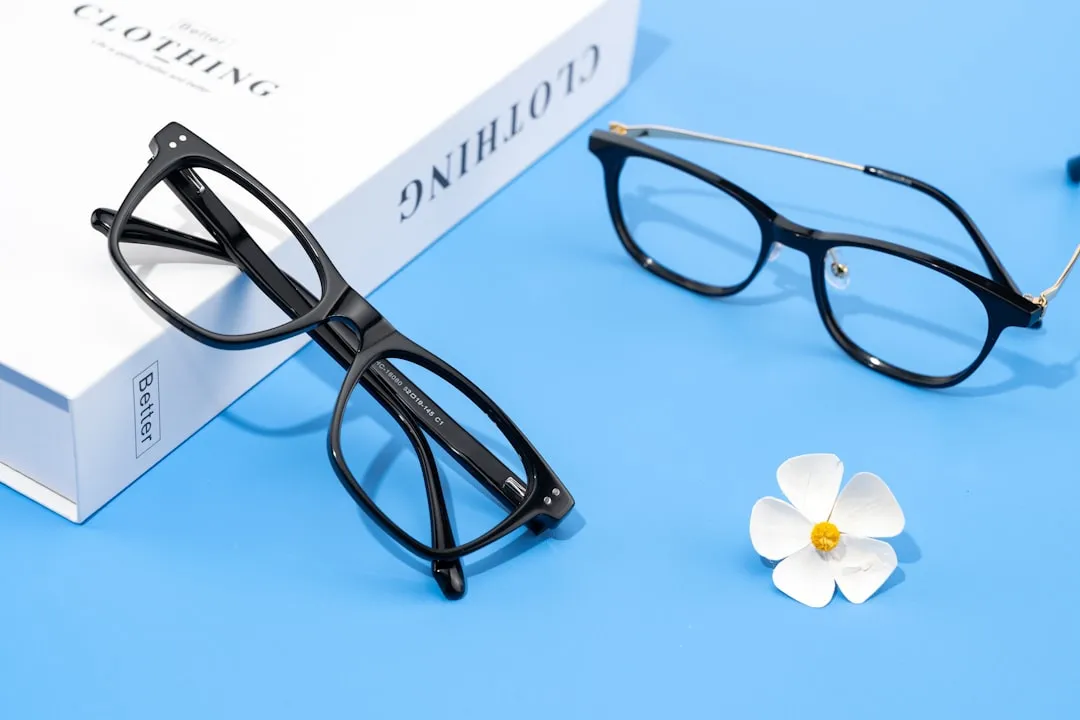
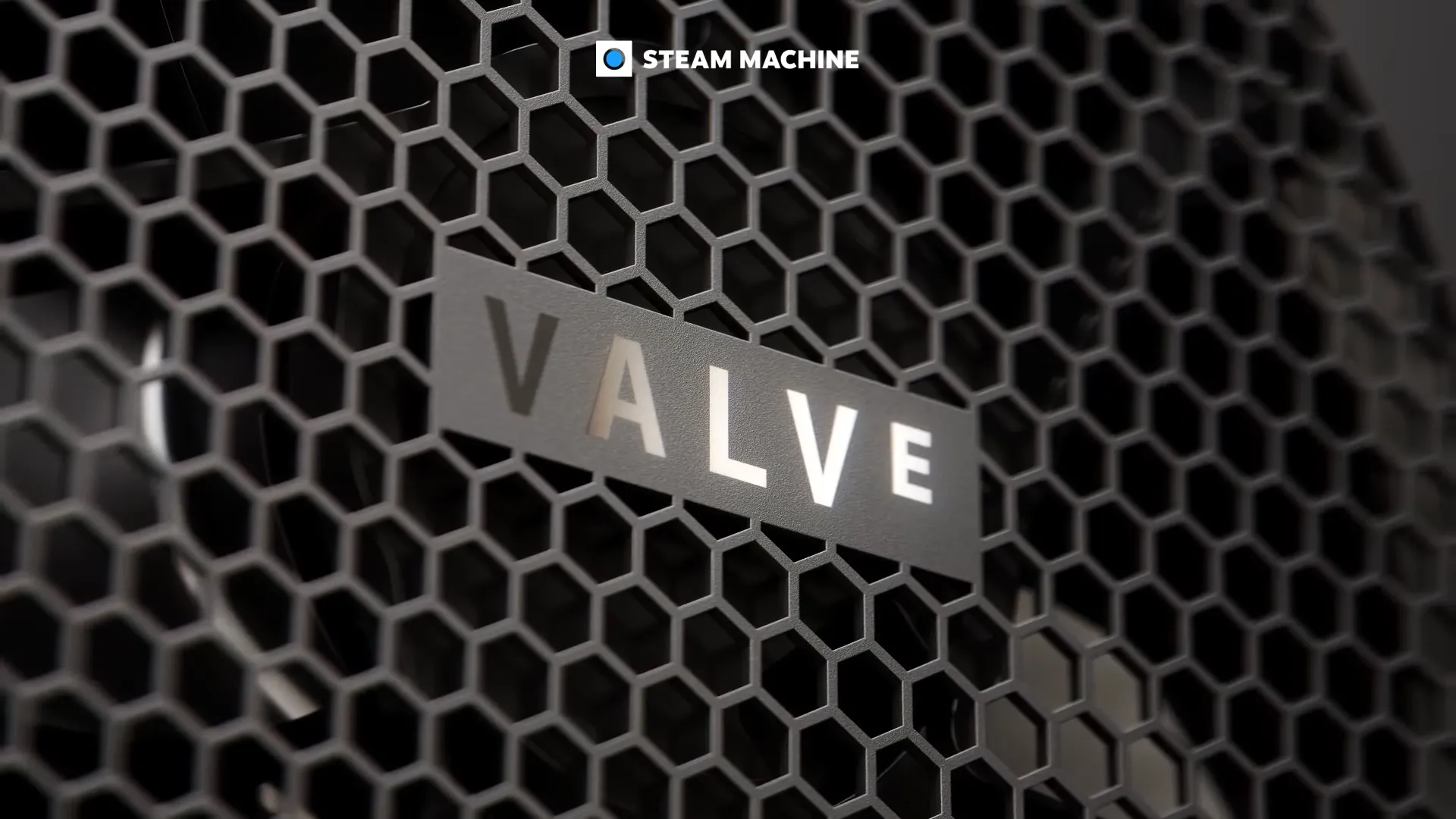
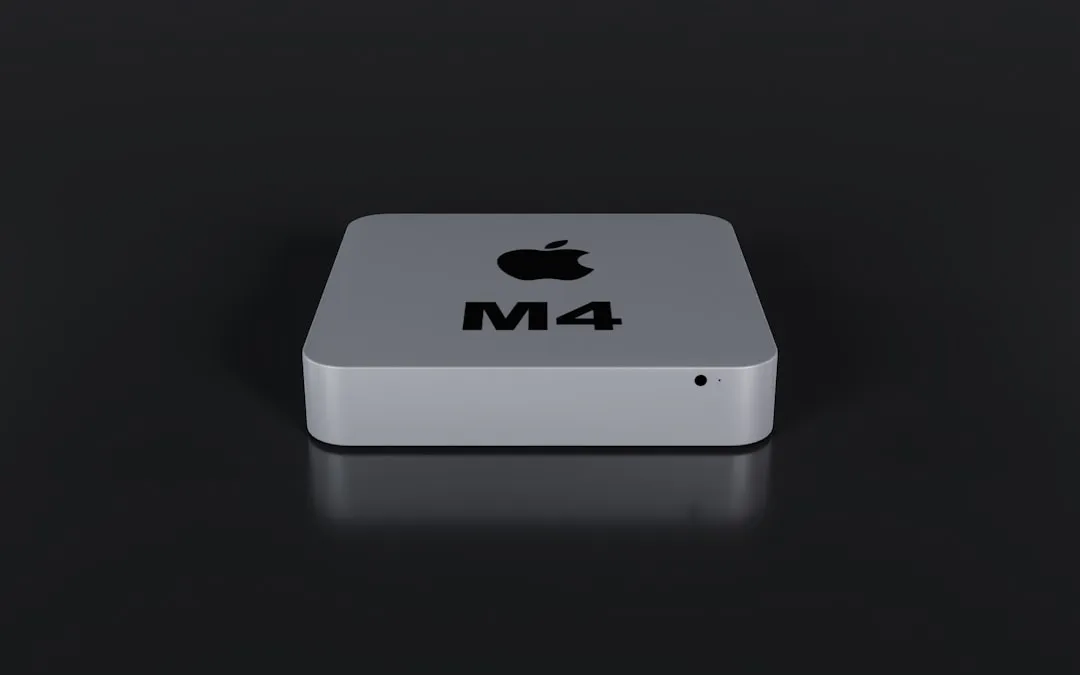
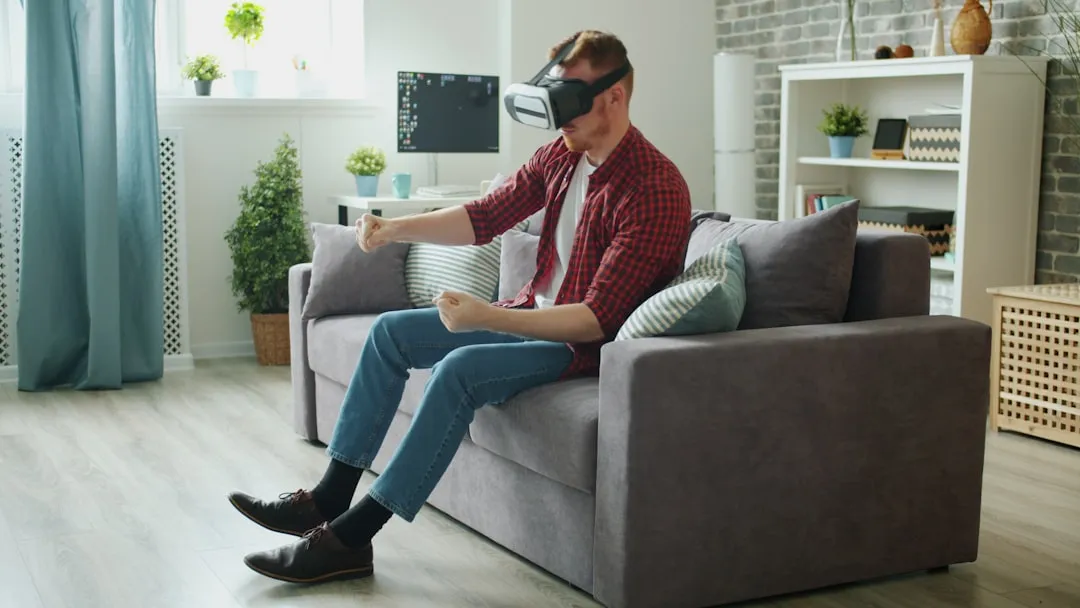
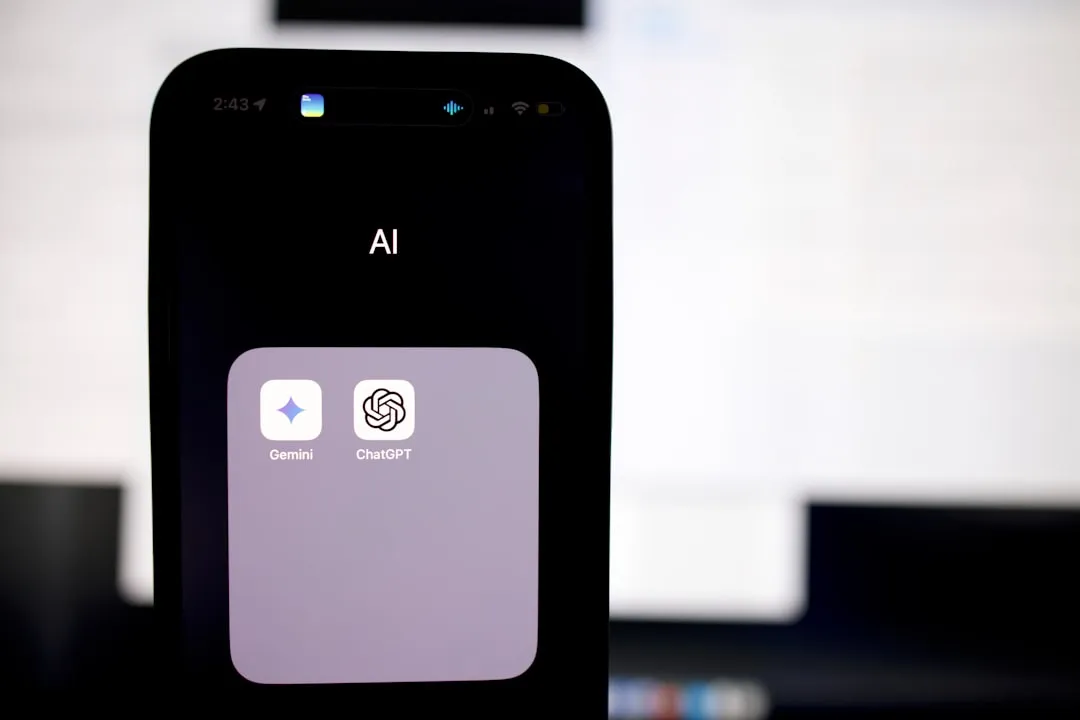
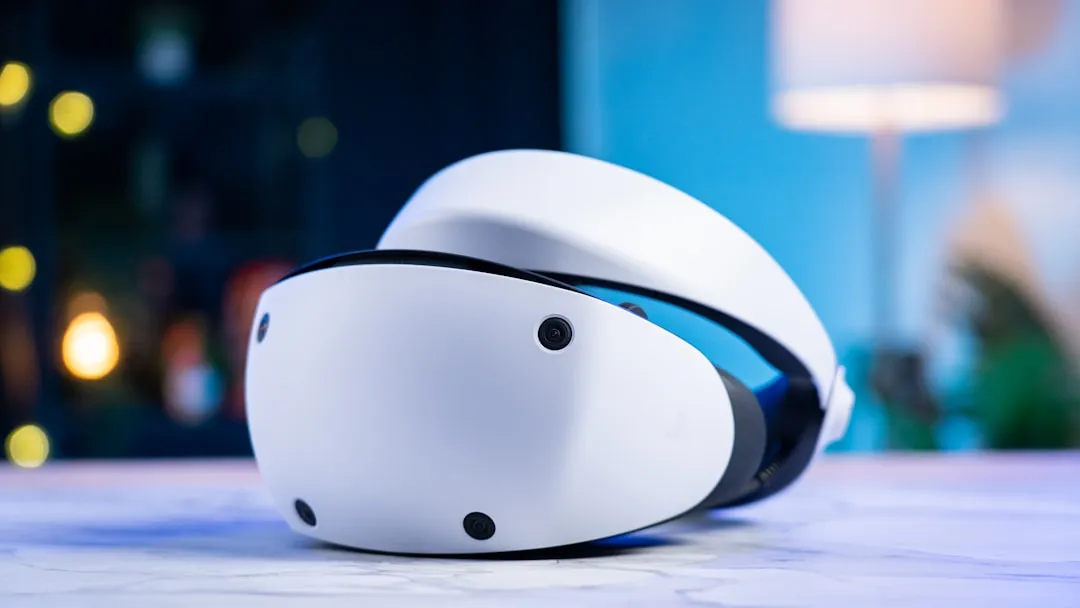



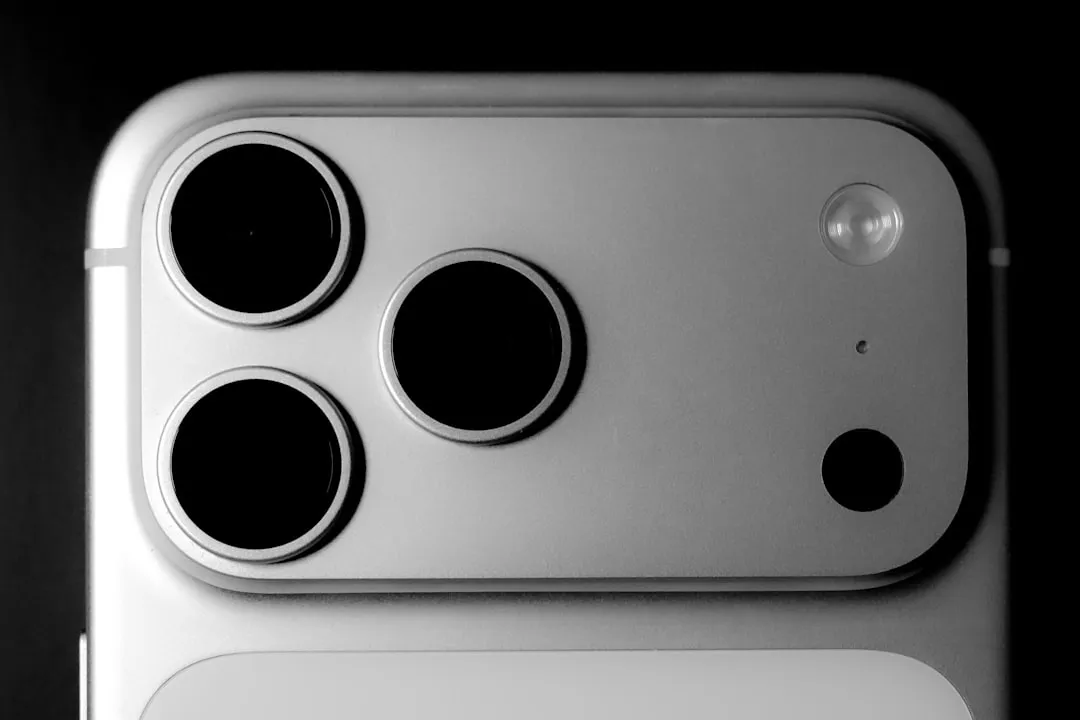
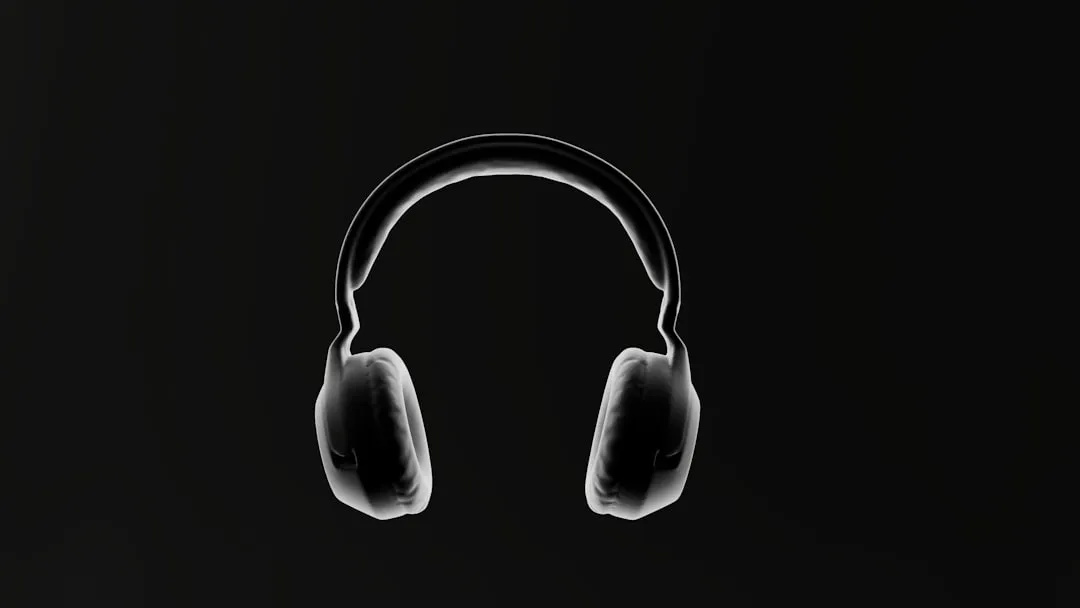
Comments
Be the first, drop a comment!